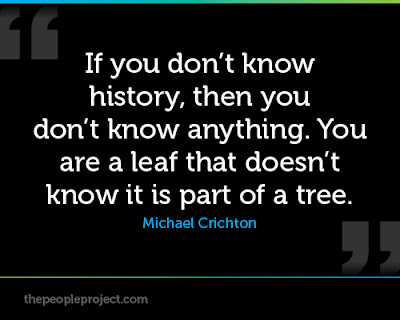Every day I get emails from news aggregators, those individuals and organizations who scan the news day and night and select links to what they think I should know. I signed up for them but I cannot read them all. There’s not enough time in the day — and if there was, I don’t have the energy. I have to delete some each day without reading them and I feel guilty when I do that. I feel I’m missing something I should know.
There was a time I thought it was possible to get at least a cursory understanding of anything and everything. Long ago I learned that’s not possible, but sometimes I forget. As a boy, I read newspapers, magazines, and books of all types. My father subscribed to The Boston Globe, The Lowell Sun, Time, Newsweek, US News and World Report, National Geographic, and others. Occasionally, I’d see a Playboy left in the woods. The library was just over a mile away. I also purchased comic books and Superman was my favorite. Then there was a collection of Classics Illustrated — abridged, edited, comic-book formatted classic books like “Last of the Mohicans”; “Moby Dick”; “Silas Marner”; and many others. There was never a lack of things to read. It was a rich environment for a boy who wanted to learn about the world, past and present.
And I was sent to school — Catholic schools from second grade through high school. There I was taught many things, including the long history of the Catholic Church — the oldest, continually-functioning institution on earth. After that, I attended various colleges and earned degrees. All during that time, I took lessons from the school of hard knocks and I have the scars to prove it.
Understanding the present is difficult enough but then I was a history teacher. I had to help students make sense of the human past and relate it to the present. Courses were chunked into specific places and time spans but that didn't make it much easier really. There was the stuff we know happened, but what did it mean? It was humbling.
Since the late 20th century, I’ve used the internet to supplement my information gathering, but I have mixed feelings about it. My laptop has become the primary way I interact with the world beyond family, and sometimes with family as well through texts, email, and social media. I’m using it now to write this. Soon I’ll send it out for publication in various places, hard copy and digital.
In my pocket is another device with which I can tap the worldwide web, but I prefer my laptop because I don’t like typing with my thumbs, because the laptop is faster, and because its screen is bigger. I can’t remember the last time I looked online for information and didn’t find it. Can you? So, nearly all of us have something in our pockets that can reveal to us almost any kind of facts we may be looking for.
But is this access making us wiser? Better citizens? Better people? Not from my perspective it isn’t. For many of us, the information we’re looking for isn’t edifying. For some, it’s gossipy. For others, it’s prurient. Online, there’s always an option to go in a different direction. We may have originally been searching for edification, but were distracted and taken somewhere else.
That’s not possible when we’re reading a book. Turn the page and we go where the author wants to take us, and if we chose the book wisely, that’s a positive direction. We can put the book down and pick up some kind of pulp, but it has to be readily available. To read a Playboy growing up, I would have to close whatever I was reading, go out into the woods, look for it, and it probably wouldn’t be there. Online in the 21st century, hooks are everywhere. If someone nibbles, more is just a compulsive click away. We must choose not to bite. When laptops with wireless internet were issued to all my students during my last years teaching, use of social media or accessing pornography were forbidden, but it was difficult to monitor, especially because they could be taken home. Compared to Playboy of my youth, pornography available to children today is shockingly evil.
Even without distractions, it’s not possible to learn all we want to know. There’s simply too much information available at our fingertips now. We’re nearly always on overload. and we don’t take time to process, and our online experience tends to be solitary. Someone may put a phone under our eyes wanting us to watch something, but how often do we discuss it? How much time do we spend just thinking about it? Not nearly enough would be my guess. Instead, we're always looking for more.
All this is taking us all somewhere, but exactly where is anybody’s guess.











